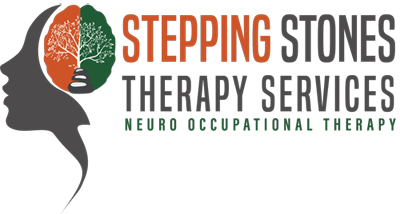Going back to work after a brain injury can feel like a big step. It’s not just about employment. It’s about rebuilding daily life and regaining confidence.
Work can add structure and purpose. It can also help you reconnect with others. But if you are living with fatigue or memory problems, the idea of returning can feel daunting.
This blog shares some gentle guidance on making your return to work after brain injury, and the support that can help. And if you’d like more personalised advice, you can learn about my Return to Work service here.
Living With the Effects of Brain Injury
Every brain injury is different. Some people notice changes in movement or balance. Others find it harder to concentrate or remember things. Fatigue after brain injury is especially common and can make even small tasks draining.
Some changes are less visible. You may:
- Struggle to find words in conversation
- Feel low or anxious
- Notice that work relationships feel different
These challenges are real. Understanding them is the first step towards finding the right support.
Myths About Returning to Work
There are many myths about brain injury and work. Some people think you must be fully recovered before starting again. Others believe fatigue or memory problems mean work is no longer possible.
The truth is that many people do return. Some go back to the same role. Others choose something new. Vocational rehabilitation helps you match your abilities with the demands of the workplace, so work becomes part of recovery.
Support That Helps
The workplace can feel overwhelming after time away. Support can make it manageable. Helpful steps may include:
- A gentle, phased return
- Conversations with your employer about adjustments
- Strategies for managing fatigue
- Practising work tasks in a safe setting
Some people also need financial support in early recovery. Employment and Support Allowance can play a role if you are not yet ready for regular hours.
Disability and Confidence at Work
Living with a disability after brain injury does not mean giving up work. It means finding a way that fits your health and your life. For some, this might be shorter hours. For others, small changes in the workplace make a big difference.
Confidence matters too. Returning to work is about feeling safe to ask for help, share your needs, and know that support is available.
Different Journeys
There are many types of brain injury — from concussion to anoxic brain injury, from a brain aneurysm to a haemorrhage. Each brings its own challenges.
You may also have questions about daily life. Driving after brain injury, pregnancy after brain injury, or even enjoying activities like music, dancing or fireworks. These things matter. Work is only one part of life after brain injury, and your plan should reflect the whole picture.
Taking Gentle Steps Forward
If you are thinking about returning to work, remember you do not have to do it alone. Rehabilitation and vocational support can help you move forward at your own pace.
At Stepping Stones Neuro OT, we support adults to return to work after brain injury. Together we can create a plan that feels realistic and sustainable.
Find out more about our Return to Work service
Contact me today for a free 15-minute consultation and find out how a supported return to work can feel possible again.

